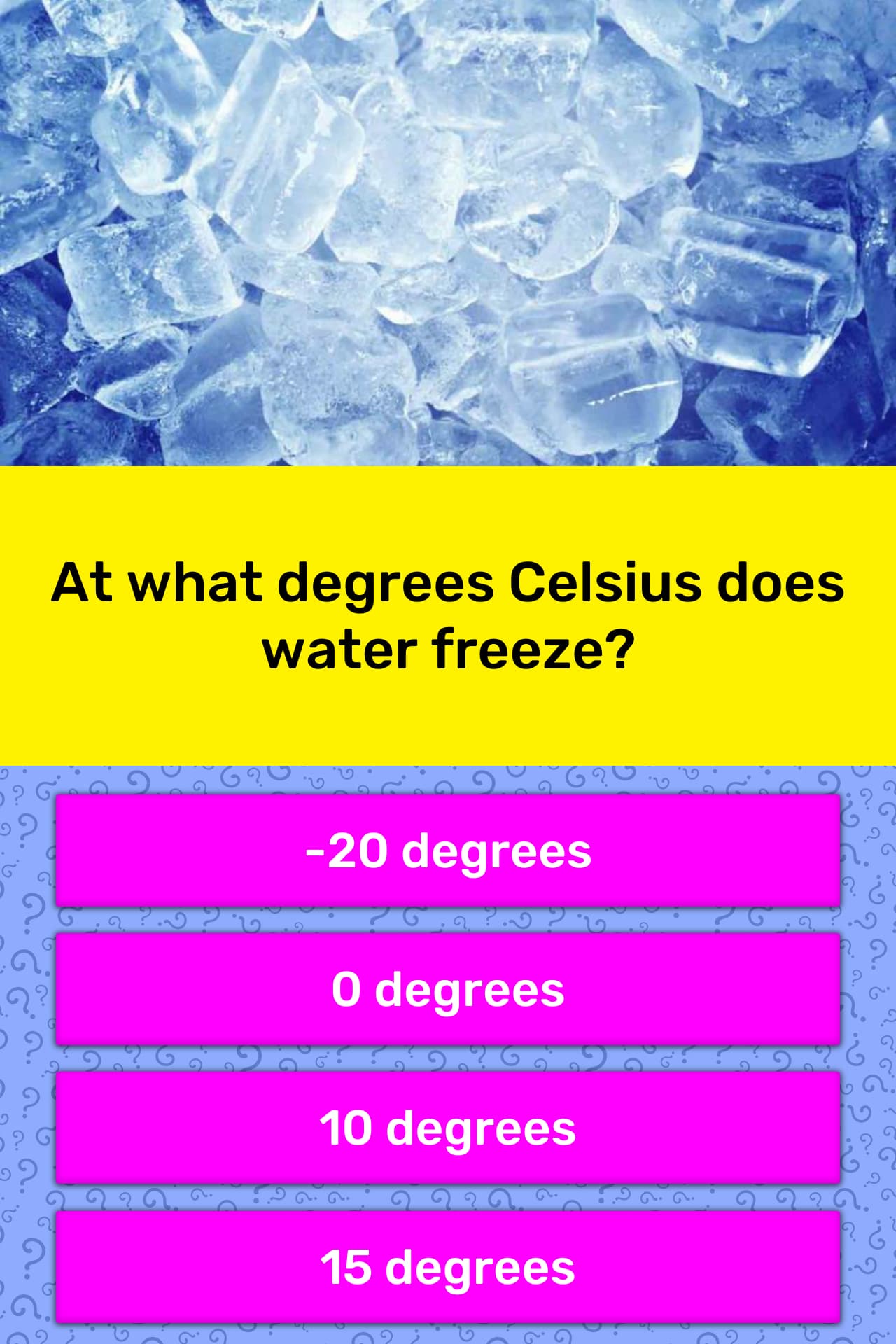
Water is one of the most important substances on Earth, and it is essential for life. It is found in oceans, rivers, lakes, and even in the air as moisture. As we all know, water can exist in three states, namely liquid, solid, and gas. In this article, we will focus on the temperature at which water freezes, which is the point at which it turns from a liquid into a solid state.
What is Freezing Point?

Freezing point is the temperature at which a liquid turns into a solid. In other words, it is the temperature at which the particles of a liquid slow down enough to form a crystal lattice, which gives the liquid a solid structure. For water, the freezing point is 0 degrees Celsius or 32 degrees Fahrenheit at standard atmospheric pressure.
Factors Affecting Freezing Point of Water
/the-freezing-point-of-water-609418_FINAL-01f50f5f4f7d4a39854bebcc59df1aa4.gif)
The freezing point of water can be affected by several factors. One of the most significant factors is pressure. As pressure increases, the freezing point of water decreases. This is why water can remain liquid at temperatures below freezing when it is under high pressure, such as in the deep ocean.
The purity of water can also affect its freezing point. The presence of impurities, such as salt or sugar, lowers the freezing point of water. This is why salt is often used to melt ice on roads and sidewalks during the winter.
Freezing Point of Different Types of Water

The freezing point of water can vary depending on the type of water. For example, seawater has a freezing point of around -2 degrees Celsius or 28 degrees Fahrenheit due to the presence of salt. Distilled water, on the other hand, has a freezing point of exactly 0 degrees Celsius or 32 degrees Fahrenheit.
It is important to note that the freezing point of water can also vary depending on the altitude. At higher altitudes, the air pressure is lower, which means that the boiling point of water is lower and the freezing point is higher.
Conclusion
/the-freezing-point-of-water-609418_FINAL-01f50f5f4f7d4a39854bebcc59df1aa4.gif)
In summary, the freezing point of water is 0 degrees Celsius or 32 degrees Fahrenheit at standard atmospheric pressure. However, this can vary depending on factors such as pressure, purity, altitude, and type of water. Understanding the freezing point of water is important for a variety of applications, from weather prediction to ice cream making.